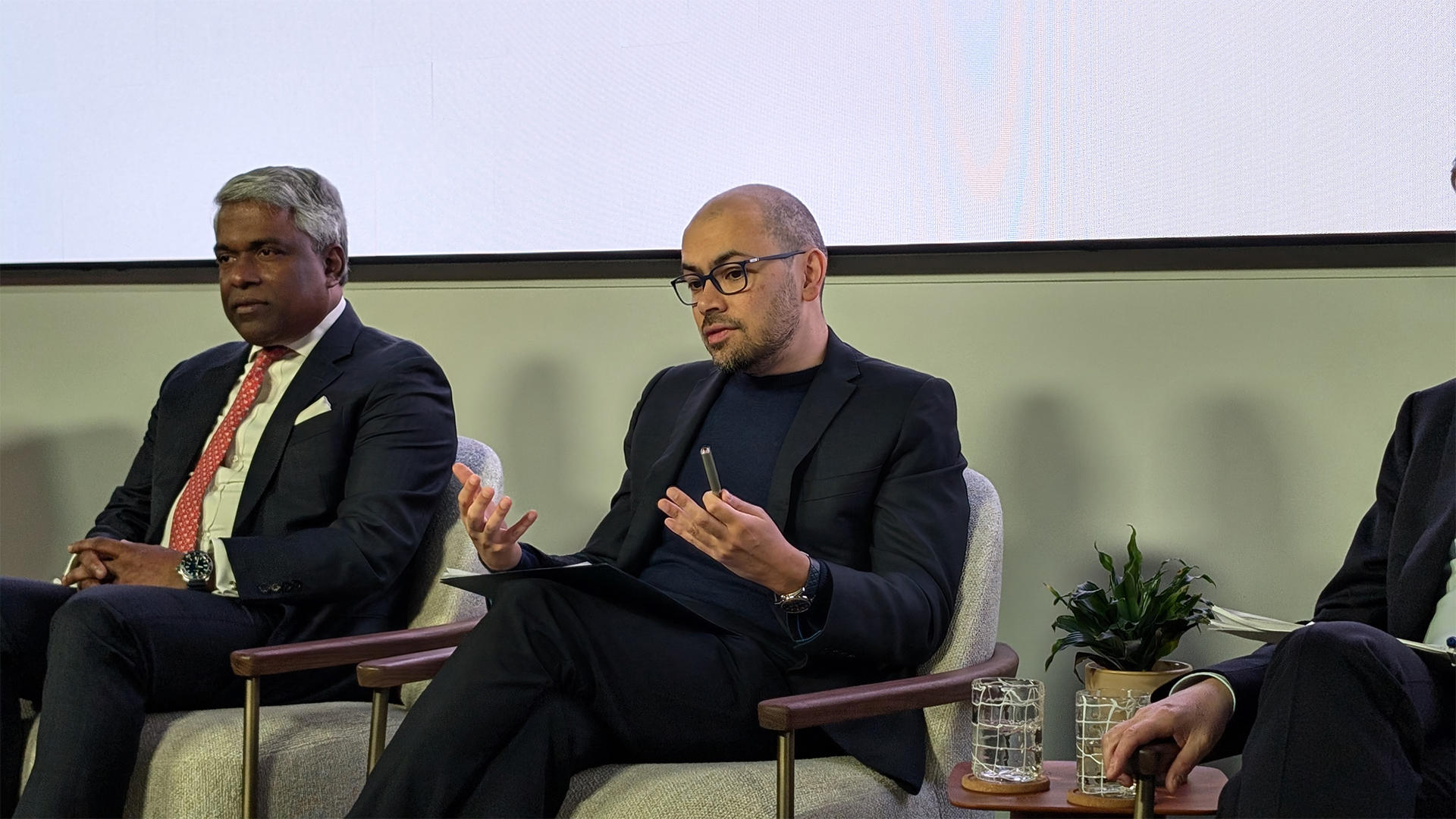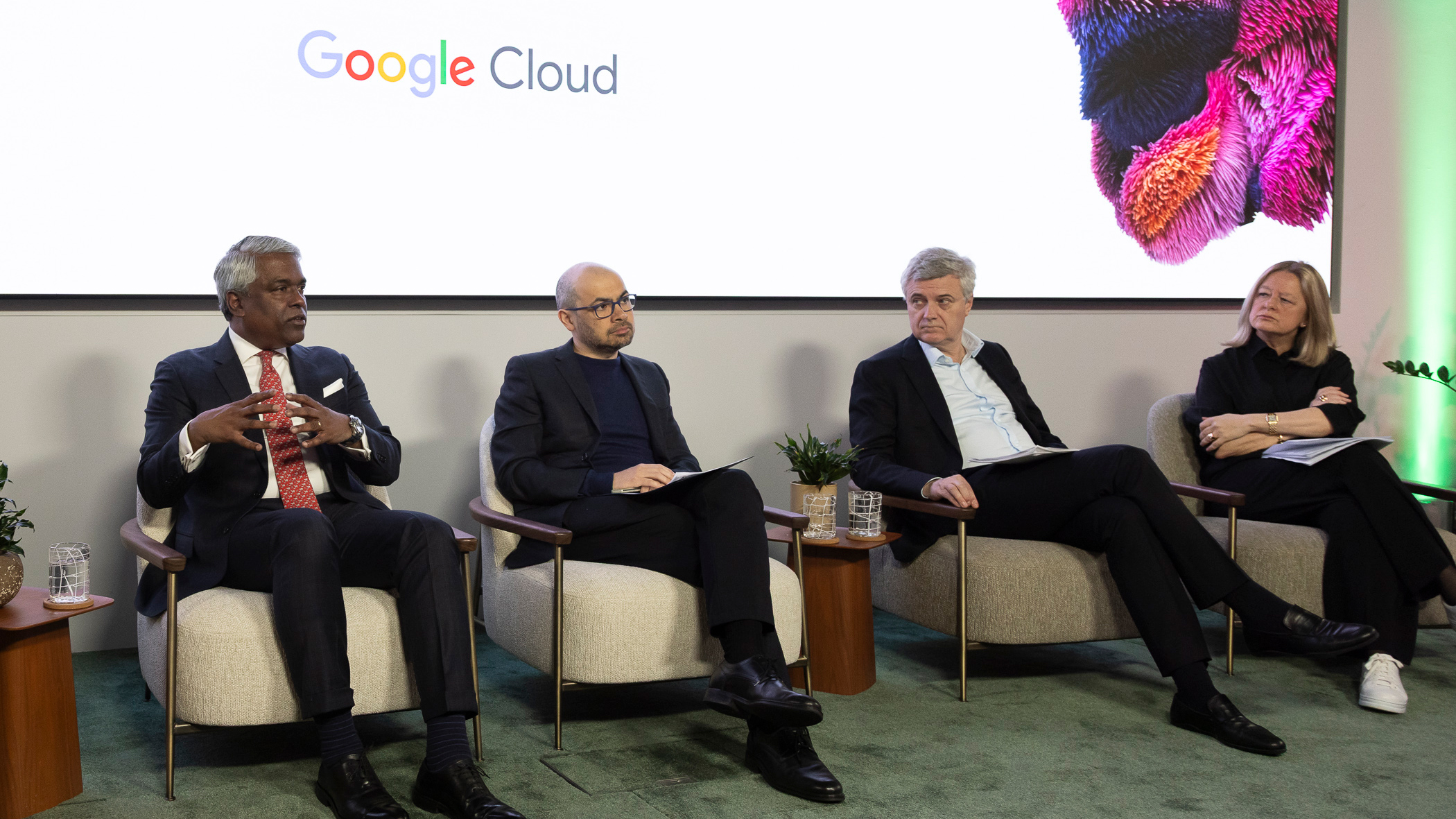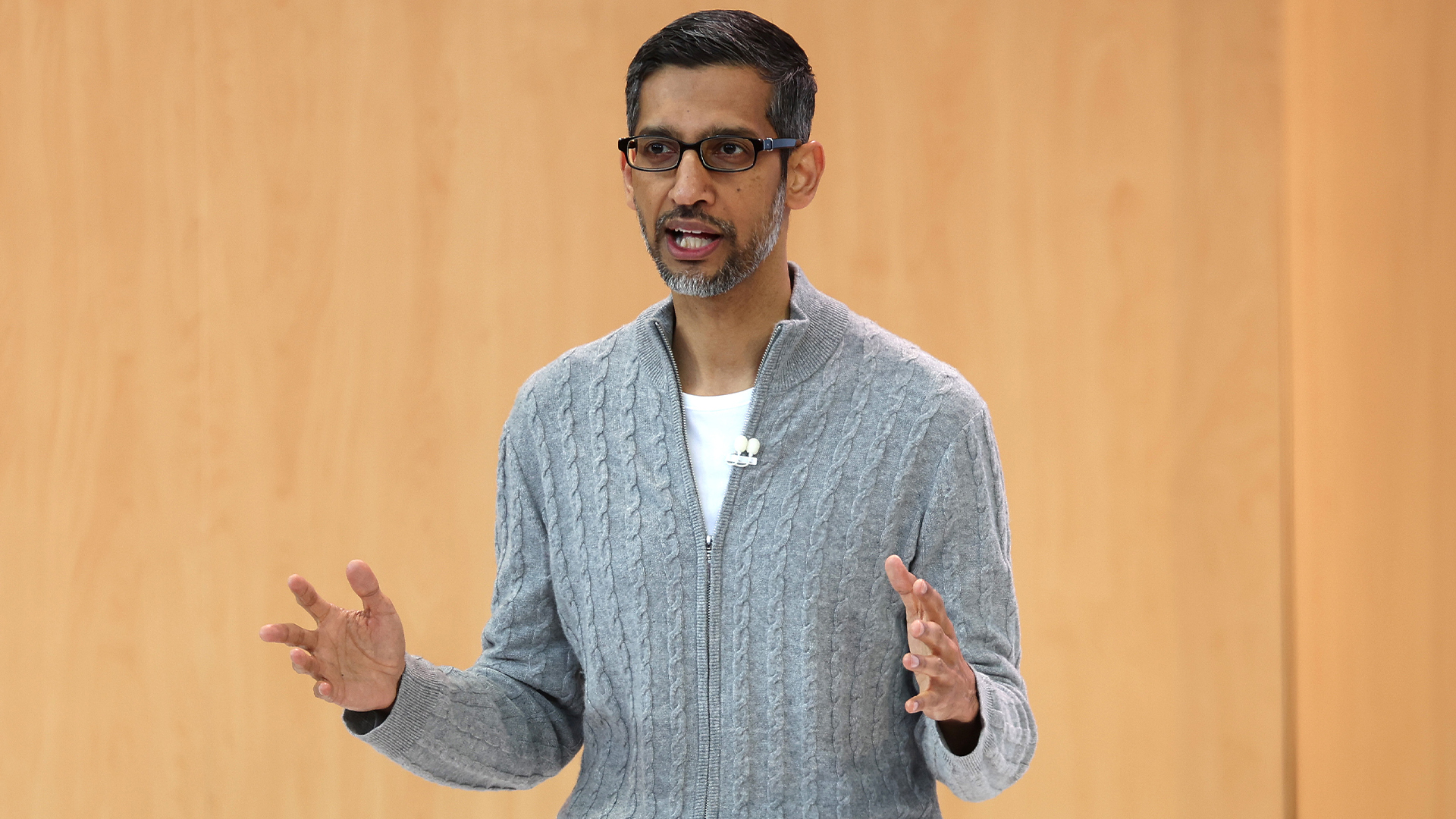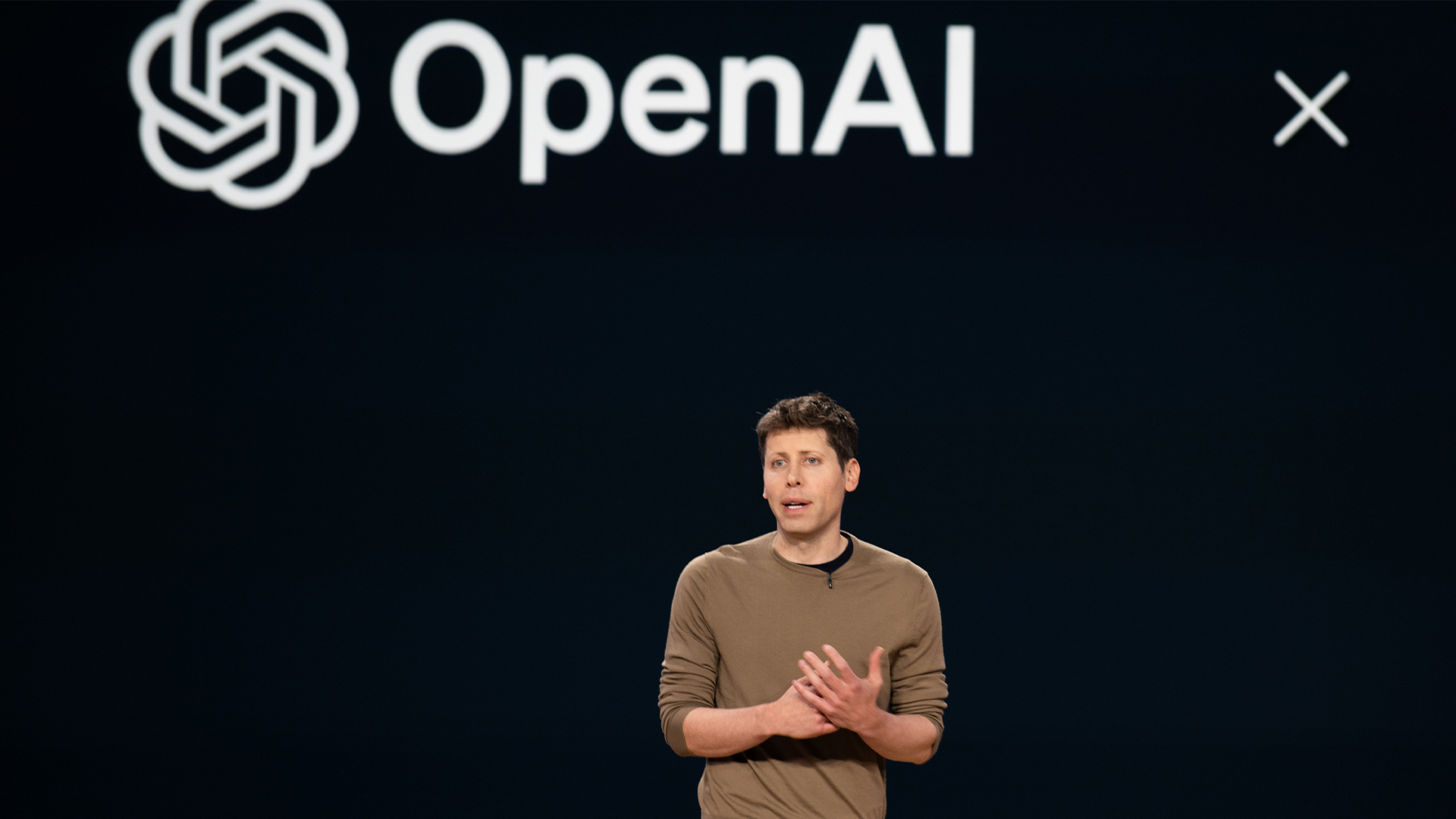Hiscox is using generative AI to transform underwriting processes
The use of AI means Hiscox can now generate quotes in a matter of minutes, rather than days


Hiscox has become the first firm in the London Market insurance industry to create an AI-enhanced lead underwriting model, saying it dramatically improves speed and efficiency.
Hiscox will combine its recently-built technology platform, Hiscox AI Laboratories (Hailo), with Google Cloud’s generative AI technology to automate the lead underwriting process from submission to quote.
As part of the tie up, Hiscox will leverage Google Cloud’s BigQuery and Vertex AI platform to extract key data and insights from email submissions.
The insurance giant said this will enable underwriting teams to generate a quote in just three minutes - compared with up to three days when using current manual processes.
Kate Markham, CEO of Hiscox London Market said the project delivered marked performance and efficiency improvements so far, highlighting the transformative potential of generative AI in streamlining processes for the insurance giant.
"This early-stage work suggests that there are areas of the business where automation can support better, faster results for our brokers and clients, and we look forward to developing the programme further,” she said.
"We are delighted to be working with Google Cloud to explore the applications of AI technology to augment our underwriting teams’ knowledge and expertise.”
Get the ITPro daily newsletter
Sign up today and you will receive a free copy of our Future Focus 2025 report - the leading guidance on AI, cybersecurity and other IT challenges as per 700+ senior executives
The initial trial of the technology was carried out in the company's Sabotage and Terrorism division, although Hiscox said the principles will apply to other areas within and beyond big-ticket insurance.
Markham said this area of the business was specifically chosen due to the fact it involves a "considerable amount of manual data extraction and analysis", which places significant strain on staff.
By equipping staff with generative AI tools, the insurer hopes to reduce pressure placed on staff while still maintaining human involvement in the process.
“Human insight is and will always be a crucial part of the specialist underwriting process, but when expertise is paired with cutting-edge AI technology we will be able to serve our customers even more effectively and efficiently - not only in this specific line of business but in many others over time too, and this is an incredibly exciting prospect," Markham explained.
"AI technology, deployed in the right way, has the potential to remove manual tasks from our specialist underwriters, freeing them up to focus on more complex risks where human expertise and analysis are a must."
Hiscox isn’t the only insurer dabbling in AI
Many insurers are already exploring the applications of generative AI. Allianz, for example, recently announced plans to roll out generative AI-enabled business software to streamline efficiency.
RELATED RESOURCE

The enterprise’s guide for Generative AI
Discover how you can make the most of the opportunities GenAI offers
DOWNLOAD NOW
The German insurance giant revealed it will use AI tools to support underwriters and risk consultants, helping to improve productivity and free up time dedicated to risk assessment practices.
The insurance industry has been tipped as a prime candidate for generative AI-related transformation moving forward. Research from McKinsey this year found that AI technologies could add up to $1.1 trillion in potential annual revenue for the sector.
Around $400 billion of this could come from pricing, underwriting, and promotion technology upgrades, with $300 billion from AI-powered customer service and personalized offerings.
Emma Woollacott is a freelance journalist writing for publications including the BBC, Private Eye, Forbes, Raconteur and specialist technology titles.
-
 Bigger salaries, more burnout: Is the CISO role in crisis?
Bigger salaries, more burnout: Is the CISO role in crisis?In-depth CISOs are more stressed than ever before – but why is this and what can be done?
By Kate O'Flaherty Published
-
 Cheap cyber crime kits can be bought on the dark web for less than $25
Cheap cyber crime kits can be bought on the dark web for less than $25News Research from NordVPN shows phishing kits are now widely available on the dark web and via messaging apps like Telegram, and are often selling for less than $25.
By Emma Woollacott Published
-
 Google Cloud Next 2025: Targeting easy AI
Google Cloud Next 2025: Targeting easy AIITPro Podcast Throughout its annual event, Google Cloud has emphasized the importance of simple AI adoption for enterprises and flexibility across deployment
By Rory Bathgate Published
-
 Google DeepMind’s Demis Hassabis says AI isn’t a ‘silver bullet’ – but within five to ten years its benefits will be undeniable
Google DeepMind’s Demis Hassabis says AI isn’t a ‘silver bullet’ – but within five to ten years its benefits will be undeniableNews Demis Hassabis, CEO at Google DeepMind and one of the UK’s most prominent voices on AI, says AI will bring exciting developments in the coming year.
By Rory Bathgate Published
-
 Google Cloud announces UK data residency for agentic AI services
Google Cloud announces UK data residency for agentic AI servicesNews With targeted cloud credits and skills workshops, Google Cloud hopes to underscore its UK infrastructure investment
By Rory Bathgate Published
-
 Google jumps on the agentic AI bandwagon
Google jumps on the agentic AI bandwagonNews Agentic AI is all the rage, and Google wants to get involved
By Nicole Kobie Published
-
 OpenAI could be plotting a foray into the world of AI agents – here’s what we know so far
OpenAI could be plotting a foray into the world of AI agents – here’s what we know so farNews The launch date for OpenAI’s "Operator" agent is believed to have been revealed at a staff meeting
By Nicole Kobie Published
-
 Google's 'Project Jarvis' project could let AI agents take over computers
Google's 'Project Jarvis' project could let AI agents take over computersNews AI agents are the clear next step for LLMs, and naturally Google is on board
By Nicole Kobie Published
-
 UK firms are stuck in an “AI pilot purgatory” – here’s how they can drive success
UK firms are stuck in an “AI pilot purgatory” – here’s how they can drive successNews Many organizations are struggling to move beyond pilot projects, thanks to a lack of clear leadership and confused priorities
By Emma Woollacott Published
-
 We asked IT leaders if generative AI delivers results – their feedback gave a mixed picture
We asked IT leaders if generative AI delivers results – their feedback gave a mixed pictureAnalysis Firms embracing generative AI could be waiting some time for a return on investment, but IT leaders are seeing some tangible improvements to productivity
By Nicole Kobie Published
